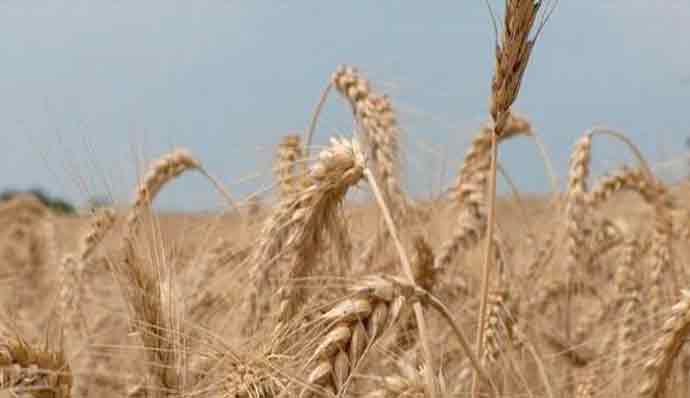Al-Wakeel Federation of Egyptian Chambers of Commerce (FECC), said that the concept of zero-ergot wheat is not supported with authenticated scientific views and the percentage of ergot allowed globally is harmless.
FAOs experts asserted that ergot has no negative effect on plants as it grows in over than 25 days of cold weather which is not the case in Egypt.
The Egyptian government has back-peddled on its decision to reject any ergot-infected wheat. After refusing to import ergot-infected wheat last month, the cabinet sent out a press release stating that it has not and will never accept wheat that is ergot-infected above the international standards set by CODEX Alimentarius, the Food and Agriculture Organisation (FAO), and the Egyptian standards applied since 2010.
The ministers of supply, agriculture, and health said that the imported wheat will be treated for ergot before grinding, and that it poses no threat to the health of Egyptians.
They also said that the international standards allow up to 0.05% of ergot-infection in imported wheat shipments. Based on that, the government has decided to apply the standard on all existing and new contracts.
Re-allowing the import of infected wheat comes after a decision in late August by Minister of Agriculture Essam Fayed to ban any wheat that does not meet international standards. He had previously announced the ministry’s compliance with international standards on ergot-infected wheat shipments.
Recently, the international wheat market underwent turmoil due to Fayed’s decision in August, and Egypt was pressured into cancelling three wheat tenders after companies refused to join.
The press release said that the consequences of the ban stopped 450,000 tonnes of wheat from entering Egyptian ports.
The cabinet has also decided that the General Authority for Supply Commodities (GASC) should contract an international company─instead of the Tripartite Commission─specialised in ergot inspection and the receipt of shipments, according to Egyptian and international standards, which are applied in 187 countries.
The release added that the current state of Egypt might affect its strategic wheat reserves, and might result in an inability to meet the demands of the local market on the medium-term.
It is to be noted that The Middle East Observer Newspaper has uncovered that the Public Authority of Supply will launch a tender for purchasing an unlimited amount of wheat from global suppliers, to be shipped on the 16th to 26th of October.
